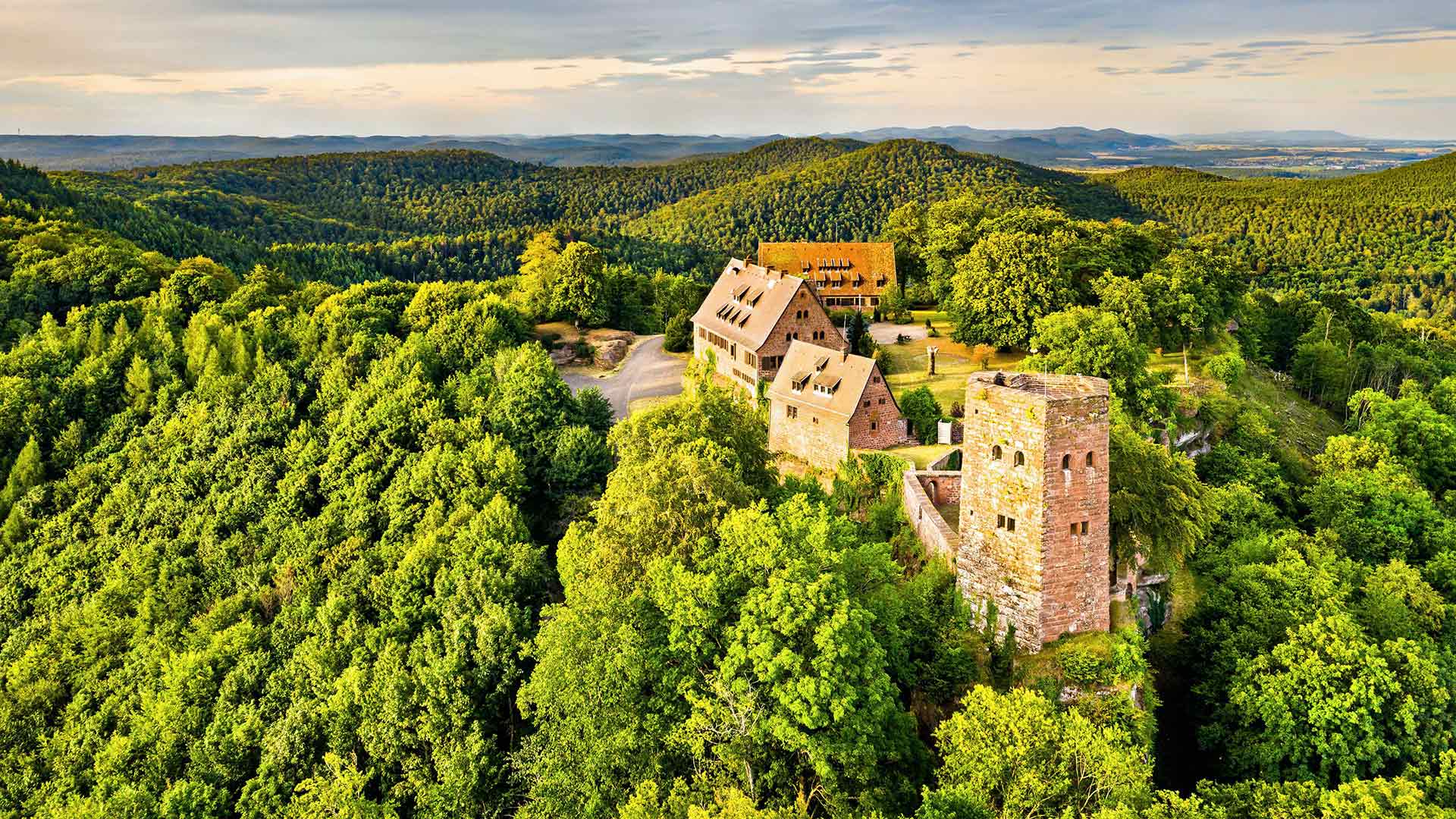Belarus Incinerator Project: Examining the Economic and Environmental Pros and Cons
The Republic of Belarus, located in Eastern Europe, is a country that has been placing an increasing emphasis on waste management and environmental sustainability in recent years. As part of this focus, the Belarusian government has proposed the construction of a waste-to-energy incinerator, a project that has generated significant debate among stakeholders. Proponents of the incinerator argue that it will provide economic benefits and offer a sustainable solution for waste management, while opponents express concerns about its environmental impact. This article will explore the economic and environmental pros and cons of the Belarus Incinerator Project, and will also provide answers to frequently asked questions about the incinerator.
Economic Pros and Cons
Proponents of the Belarus Incinerator Project point to several economic benefits that the facility could bring to the country. First and foremost, the incinerator would create jobs both during the construction phase and once operational, providing employment opportunities for Belarusian citizens. Additionally, the facility would generate electricity through the burning of waste, potentially reducing the country’s reliance on fossil fuels and importing energy. This could lead to cost savings and increased energy independence for Belarus.
Furthermore, proponents argue that the incinerator would help to address the growing issue of waste management in the country. As the population and economy continue to grow, the amount of waste produced has also been increasing. The incinerator would provide a means of managing this waste, turning it into energy and reducing the need for landfill space. This could potentially lead to long-term cost savings for the government and municipalities, as well as reduce the environmental impact of landfills.
However, opponents of the incinerator project raise concerns about its economic viability. They argue that the construction and operation of the facility could be costly, and that there may be more cost-effective and sustainable alternatives for addressing waste management in the country. Additionally, some opponents express skepticism about the financial transparency of the project, and question the potential for corruption or mismanagement in its implementation.
Environmental Pros and Cons
The environmental impact of the Belarus Incinerator Project is a key point of contention among stakeholders. Proponents argue that the incinerator would offer a sustainable solution for waste management, as it would generate electricity from non-recyclable waste. This, they argue, would help to reduce the amount of waste sent to landfills, and could potentially decrease the country’s greenhouse gas emissions by displacing the need for fossil fuel-based electricity generation.
Furthermore, proponents of the incinerator point to European countries such as Sweden and Denmark, which have successfully implemented waste-to-energy incinerators as part of their waste management strategies. They argue that modern incineration technologies can minimize the environmental impact of waste disposal, and that the Belarus Incinerator Project could be designed and operated in a way that meets the highest environmental standards.
However, opponents of the incinerator project express concerns about the potential environmental consequences of the facility. They argue that waste incineration can release harmful pollutants into the air, such as dioxins and heavy metals, which could pose health risks to nearby communities. Additionally, opponents question the sustainability of the project, arguing that it could undermine efforts to reduce, reuse, and recycle waste, and perpetuate a reliance on disposable products.
Frequently Asked Questions
Q: Will the incinerator be built in a populated area?
A: The specific location of the incinerator has not been finalized, but the Belarusian government has expressed its commitment to choosing a site that minimizes the impact on nearby communities and the environment.
Q: Will the incinerator meet European environmental standards?
A: The government has stated that the incinerator will be designed and operated to meet the highest environmental standards, and that it will be subject to rigorous monitoring and regulation to ensure compliance with environmental regulations.
Q: What will happen to the ash and other byproducts generated by the incinerator?
A: The ash and other residues generated by the incineration process will be managed in accordance with strict environmental regulations, and will be handled and disposed of in a manner that minimizes their environmental impact.
Q: How will the incinerator affect recycling efforts in Belarus?
A: The government has stated that the incinerator will not undermine efforts to reduce, reuse, and recycle waste, and that it will be part of a comprehensive waste management strategy that includes recycling and other sustainable practices.
In conclusion, the Belarus Incinerator Project has generated significant debate about its economic and environmental implications. Proponents argue that the project could provide economic benefits, offer a sustainable solution for waste management, and meet high environmental standards. However, opponents express concerns about its economic viability, potential environmental impact, and impact on recycling efforts. As the project moves forward, continued dialogue and careful consideration of these factors will be essential in determining its potential impacts on the country and its citizens.
Belarus Incinerator Project: Examining the Economic and Environmental Pros and Cons




